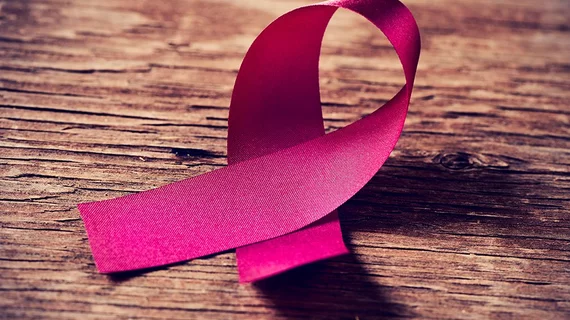Breast cancer survivor now helping others as a peer support counselor
A new blog post from the department of radiology and biomedical imaging at the University of California, San Francisco (UCSF) demonstrates how one patient’s positive experience can have an impact on other patients for many years down the line.
When Alisa Brozinsky was diagnosed with breast cancer at the age of 34, specialists at UCSF helped her on her road to recovery. Now, nearly 20 years later, she works as a peer support counselor at the university’s The Ida & Joseph Friend Cancer Resource Center.
Brozinksy said in the blog post that she felt comfortable with UCSF’s specialists the entire time she was in their care.
“Right off the bat, I felt like I was in the most capable of hands,” she said. “I was also in a facility that, if things turned for the worst, had put the years and years of work and research in on understanding and treating breast cancer. I felt they would be equipped to handle whatever came my way.”
To read the full post on the UCSF Department of Radiology and Biomedical Imaging’s website, click the link below.

